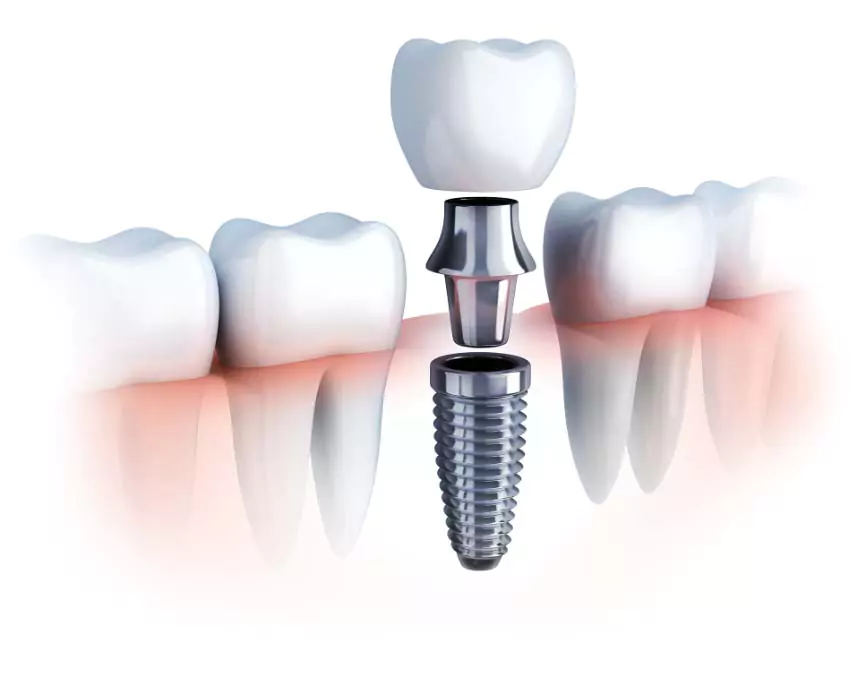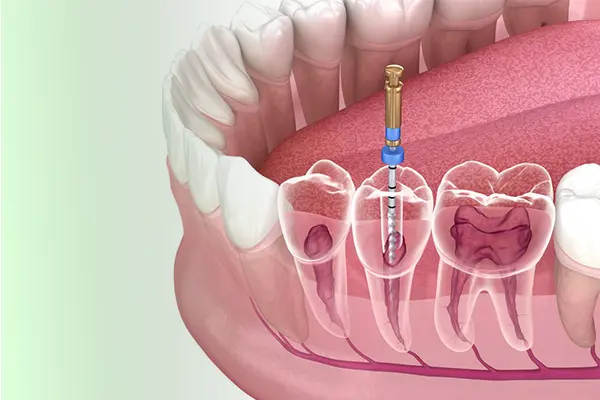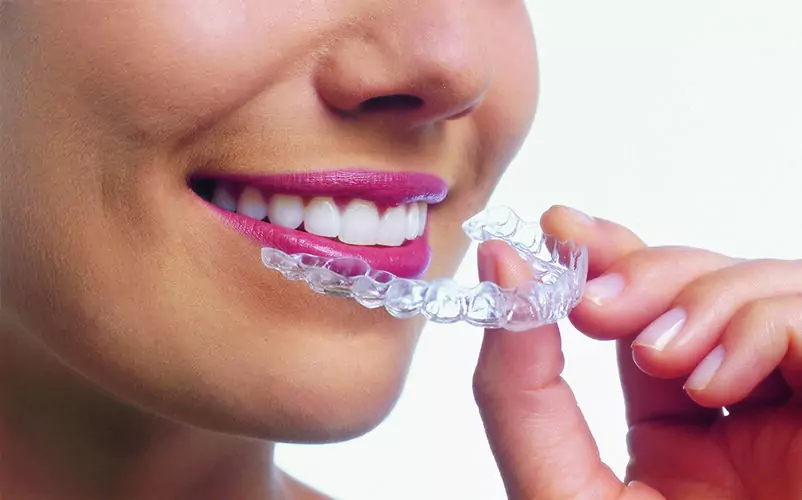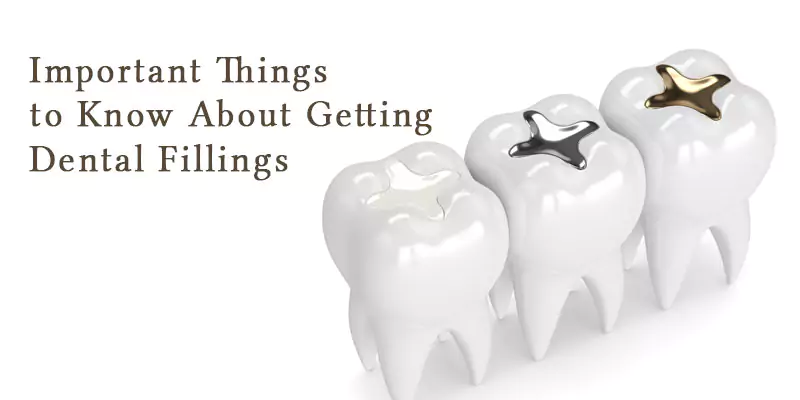For many years the only solution to losing your teeth, cracking them or tooth decay was dentures or bridges. But with the introduction of dental implants, there is a much better, more reliable and permanent solution to these in dentistry.
Dental implants are a very popular and permanent treatment for tooth loss. Tooth loss can occur for a variety of causes, such as poor dental hygiene, plaque or tartar buildup, tooth decay, and gum disease. Dental implants are artificial tooth roots that are put in your jawbone to provide a permanent, solid foundation and structure for a new tooth. An implant is different from previous tooth replacement alternatives in the sense that it replaces not only the tooth but also the root.
When you lose a tooth and do not replace it, it causes more than one change. One small alteration will lead to another, and then the entire dynamic of your teeth and mouth changes.
Why are Dental Implants Necessary?
When you have missing teeth
- Dental implants are required when you have missing teeth but are unable or unable to wear dentures, bridges, or crowns. It is critical to replace a lost tooth since the implications of removing/losing a tooth and doing nothing can snowball into a much larger problem over time.
When you’re insecure about your smile and want to rectify it
- Dental implants may also appear to be required in terms of appearance. You may be self-conscious about the appearance of your smile. Your self-esteem and self-confidence are crucial, and being able to eat comfortably (particularly at social events), smile and laugh without discomfort, concern, or holding back is important.
When you don’t want to deal with dentures anymore
- If you've ever had dentures, you're familiar with the scenario: you take them out to clean them, and then you use denture adhesives to keep them in place. For most individuals, this does not sound like much fun. Dental implants are the greatest alternative for people who do not want to deal with dirty denture adhesives and prefer a more convenient option for dental maintenance. As previously stated, you do not need to change your current dental care regimen. This is because you care for your implants in the same way you care for your natural teeth—brushing and flossing your teeth 2-3 times each day.
When you have an infected tooth
- If a tooth becomes infected, it can be preserved using various techniques or removed (pulled out). If you've been to the dentist and he or she has told you that the infection is too severe to preserve the tooth, it may be time to receive a dental implant.
- After the infected tooth is out, the dental implant will serve as your replacement tooth. It will be as long-lasting and robust as your original teeth. This does not require any extra maintenance. In reality, you should care for your implants in the same manner you care for your natural teeth, with frequent flossing and brushing.
Advantages or Benefits of Dental Implants
Dental implants have a number of advantages. They can significantly boost your self-esteem while also acting as your natural tooth/teeth. They look and feel like natural teeth, can boost your confidence, are long-lasting, convenient, and contribute to your overall oral health.
Better oral health and hygiene
They also help you with your speech, comfort, and chewing abilities. When compared to dentures, dental implants do not require removal and allow you to brush, floss, eat, drink, and sleep while they are in place.
No need to remove or reduce the surrounding teeth
Unlike tooth-supported bridges, dental implants do not need any reduction in the neighbouring teeth. Because neighbouring teeth are not altered to support the implant, more of your natural teeth are preserved, resulting in better long-term oral health. Individual implants also make it easier to clean between teeth, which improves oral hygiene.
Better oral functioning
Dental implants provide more than just aesthetic benefits, they also play a significant part in the overall operation of your mouth. Dental implants promote a healthier bite by holding each tooth in place while also supporting a healthy jawbone and preventing bone degeneration.
Implants can last a lifetime if properly taken care of. Moreover, dental implant success rates vary depending on where the implants are put in the jaw, but in general, dental implants have a success rate of up to 98 per cent.




























